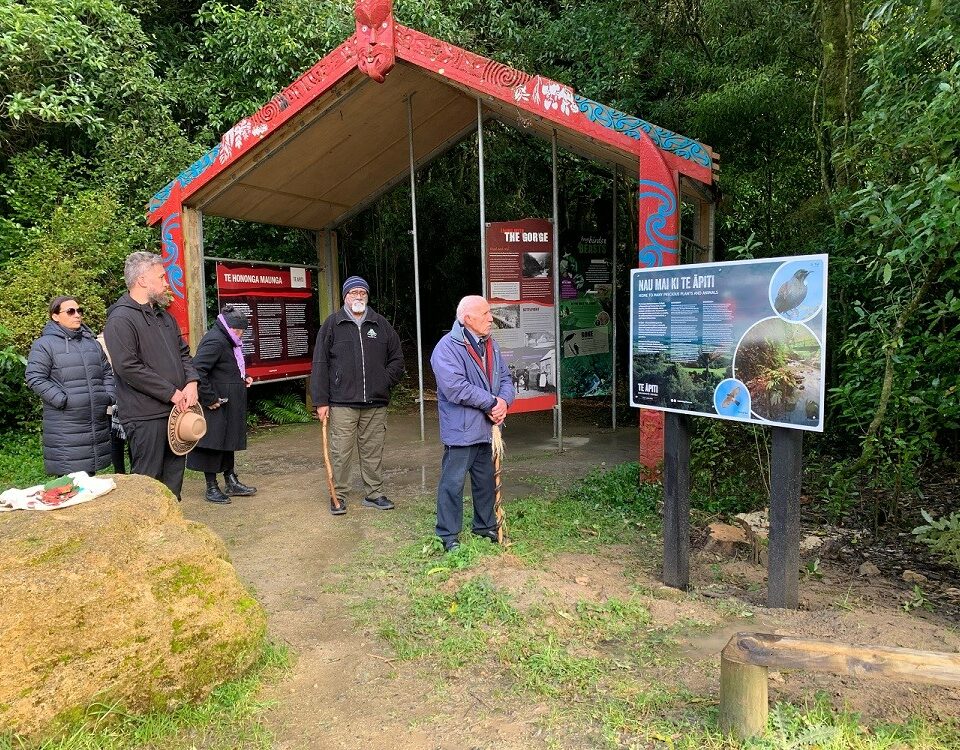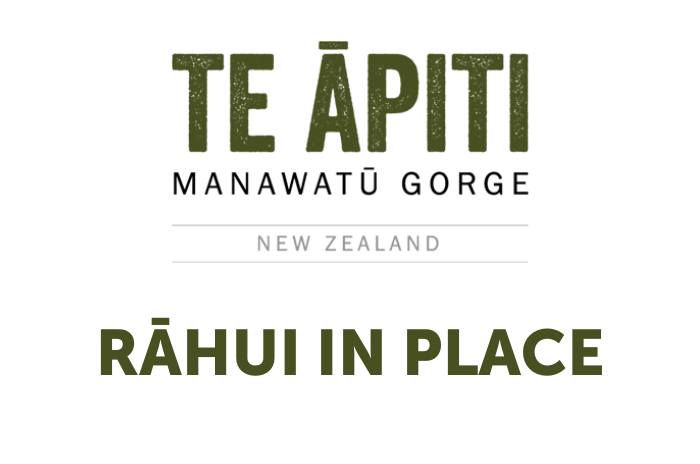
DOC’s Manawatū Operations District planned to apply cereal baits containing the pesticide sodium fluoroacetate (1080) over approximately 900 ha of the Te Āpiti – Manawatū Gorge project area during the spring of 2018. Rat and possum numbers in the Manawatū Gorge are currently too high for forest health and successful breeding by forest birds. The operation was planned to reduce possums, rats and stoats across the whole site using a combination of aerial and ground-based bait application methods.
Standard operating procedures for animal pest control operations include gaining necessary approvals from the Public Health Officer. The consent for this operation required the pest control to be completed before mid-December 2018.
“Unfortunately, it was not possible to deliver the operation to standard before the consent date ended for the 2018 calendar year,” said Allanah Irvine, DOC Operations Manager Manawatū.
Aerial 1080 operations require a very specific set of weather conditions. 1080 is water soluble, so dry weather is required either side of bait application. Calm weather is vital for safe and accurate aerial bait application and the geography of Te Āpiti – Manawatū Gorge makes this especially critical.
“To ensure some protection for taonga species in Te Āpiti – Manawatū Gorge this summer, animal pest control will now revert to methods already in place,” she said. “Specifically, the use of diphacinone in an existing bait station network on the south side of the reserve only and community stoat trapping initiatives in both sides of the reserve.”
Allanah Irvine said the goal is to protect the forest and wildlife of Te Āpiti – Manawatū Gorge using the most effective and practicable pest control tools available.
“Te Āpiti – Manawatū Gorge is an important site for biodiversity values; home to titipounamu (riflemen), miromiro (tomtits), majestic northern rātā and other taonga species. To protect and enhance the natural values of this special place, we need to control rats, possums and stoats throughout the forest. Options for animal pest control to be used in 2019 will be considered in the new year.”



